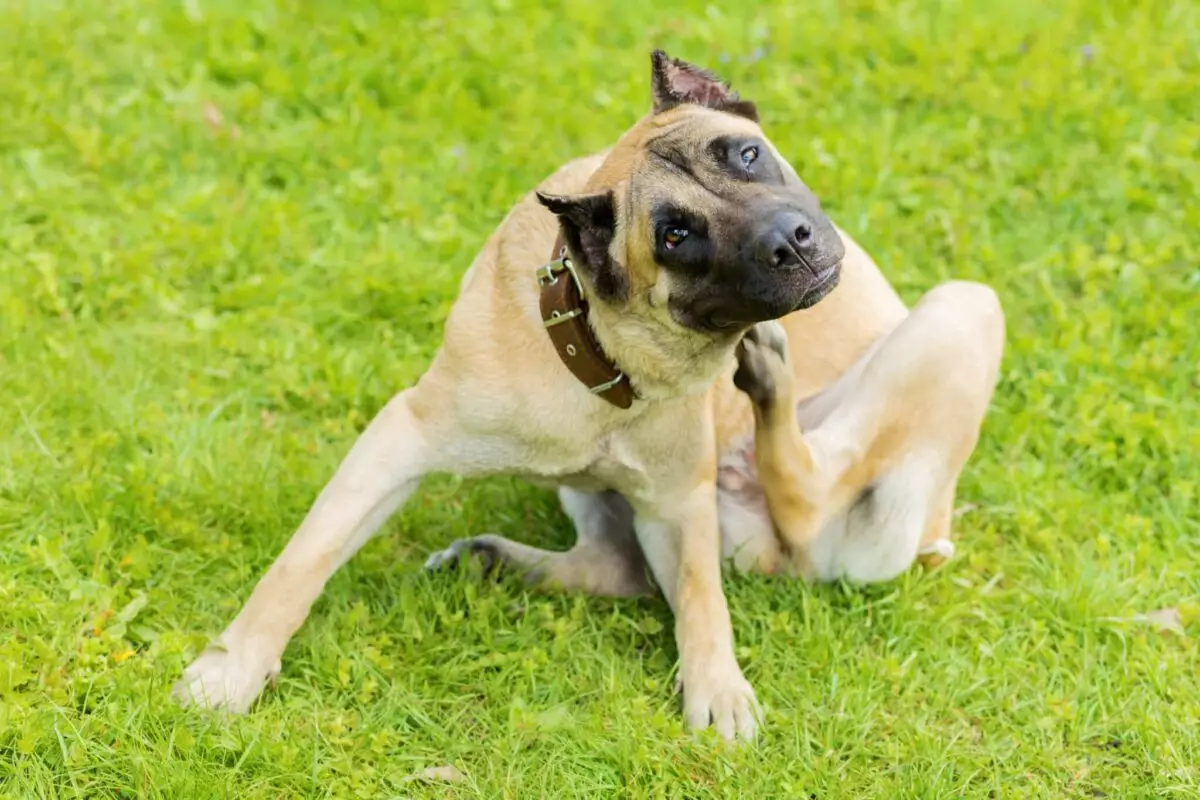Fleas, despite their minuscule size, can wreak havoc on the comfort of our homes and the wellbeing of our pets. These uninvited guests can quickly multiply, transforming a peaceful living environment into a battleground of itching and discomfort. While conventional chemical treatments are often the go-to solution for managing flea populations, emerging interest in natural remedies via aromatic plants and oils presents a compelling alternative. In this article, we will explore how various scents can help repel these pesky insects and turn your home into a flea-free sanctuary.
The Power of Nature: Essential Oils and Herbs for Flea Control
When it comes to battling fleas, certain scents derived from both essential oils and common herbs can function like a potent deterrent. For instance, thyme—a humble herb often found in kitchens—offers more than culinary delight. Its robust, earthy aroma is particularly unappealing to fleas, making it an excellent choice for those seeking to control fleas without harmful chemicals. Individuals can create a homemade flea repellent by diluting thyme oil in water and spraying it around infested areas. Alternatively, sprinkling dried thyme around the premises establishes an effective barrier that repels fleas while imparting a pleasant scent.
Similarly, lavender stands out not only for its calming properties but also as a powerful insect repellent. Rich in linalool, a compound known for its insect-repelling capabilities, lavender provides a dual benefit: soothing fragrance for humans and an unwelcome aroma for fleas. Utilizing lavender in dried form, essential oils, or even as live plants introduces a charming aesthetic to any home while actively working to keep flea populations at bay. Spraying a diluted lavender oil solution on pet bedding not only improves the pet’s comfort but simultaneously deters these unwelcome pests.
Refreshing and Repelling: The Case for Peppermint and Eucalyptus
Peppermint—the fresh, invigorating scent that many people adore—serves as a natural flea repellent due to its high menthol content. While it provides a refreshing aroma for human users, fleas are more likely to flee from environments infused with peppermint. A simple yet effective solution involves diluting peppermint essential oil in water and applying it through a spray for both the home and pet areas. Moreover, growing peppermint in outdoor settings easily establishes an additional line of defense against flea invasions.
Eucalyptus also boasts a potent aroma that is detestable to fleas. The strong, camphor-like fragrance disrupts the insects’ natural navigational abilities, thereby disorienting and repelling them effectively. Utilizing eucalyptus oil in a diluted spray or hanging fresh leaves in potential flea hotspots can aid in controlling flea populations without exposing pets and families to toxic chemicals. However, caution is advised with eucalyptus oil, as it can pose health risks if ingested by pets.
The refreshing scent of citrus is a favorite for many, but it serves an additional purpose. Fleas find the acidic odor of lemon particularly off-putting. A homemade flea spray can be easily created by boiling lemon slices in water and allowing the mixture to cool. This solution can be administered around the home or on pet bedding, potentially providing both a pleasant scent and a hostile environment for fleas due to the presence of limonene.
Moreover, vinegar—while not everyone’s favorite scent—acts as a flea deterrent. Both apple cider vinegar and white vinegar possess acetic acid, making them an unfavorable habitat for fleas. A simple vinegar-and-water solution can combat flea infestations with regular application on carpets and floors. Though the smell may not be ideal for human noses, it creates an inhospitable atmosphere for fleas.
Clove, with its warm, spicy scent, creates a strong atmosphere to deter fleas. The compound eugenol found in clove oil acts as a natural insect repellent. When diluted in water, clove oil can be effectively sprayed in areas likely to harbor fleas, acting as a powerful deterrent. Similarly, cinnamon’s bold aroma functions as an alarm bell for fleas. A dusting of cinnamon powder on carpets before vacating can be an efficient battle tactic, leaving your home pleasantly fragrant while sending those pests packing.
In the struggle against fleas, simplicity lies in nature’s offerings. By utilizing an array of scents—ranging from herbs to essential oils—pet owners can create a flea-free household that is both safe and pleasant for everyone. The blend of environmental friendliness and natural repellent properties found in these aromas not only supports pet health but enhances the overall living space. By incorporating these natural remedies, pet owners can reclaim their homes, ensuring a serene, itch-free environment that allows their furry friends to thrive.

